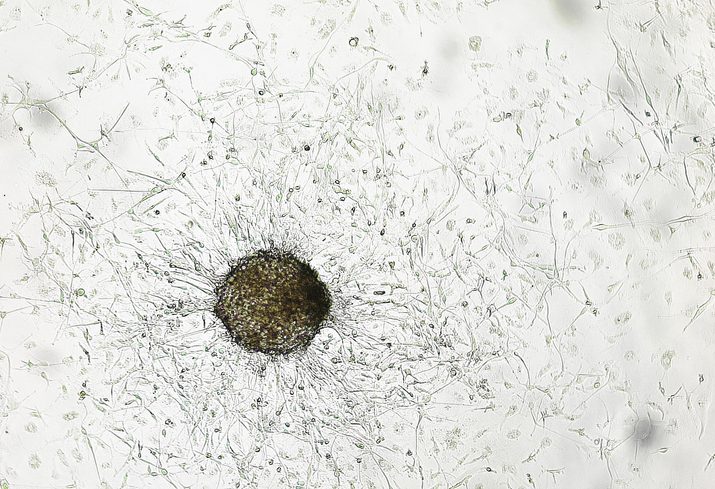
About one-third of primary care providers (PCPs) report helping their patients make treatment decisions, but some say they do not have enough knowledge to partake in these conversations.
“Primary care physicians may be involved in cancer care earlier than we thought,” said study author Lauren P. Wallner, PhD, MPH. “If we are going to promote their involvement, we may need to start doing that earlier, around the time of initial treatment, and ensure PCPs have the information they need to effectively participate in the decision-making process.”
https://twitter.com/BreastCancerBio/status/1093703600168026113
Wallner and her colleagues surveyed 517 PCPs who were treating newly diagnosed early-stage breast cancer patients. Questions included how frequently PCPs discussed surgery, radiation, and chemotherapy options with patients; how comfortable they felt with these discussions; if they had the necessary knowledge to participate in decision making; and how confident they were in their ability to help (on 5-item Likert-type scales).
Anne has adv breast cancer. Who should discuss treatment: you (her PCP), oncologist, or palliative care specialist? http://t.co/OXxm3fGjfp
— NEJM (@NEJM) February 12, 2015
Overall, 34% of PCPs had discussions about surgery with their patients, while 23% talked about radiation, and 22% discussed chemotherapy options. Among PCPs who discussed surgery options with their patients, 22% said they did not feel comfortable having a discussion, and 17% said they did not believe they had the appropriate knowledge to help their patients make a decision. PCPs who were confident in their ability to take part in the decision-making process were more likely to participate in discussions about surgery (odds ratio [OR], 6.01; 95% confidence interval [CI], 4.16‐8.68), radiation (OR, 8.37; 95% CI, 5.16‐13.58), and chemotherapy (OR, 6.56; 95% CI, 4.23‐10.17).
https://twitter.com/BreastCancerBio/status/1093703600168026113
“If they’re going to be involved, we need to find a way to make sure they have the knowledge to do so and we support them in a way that ensures they’re confident and able to do so,” said Wallner, a health services researcher at the University of Michigan Rogel Cancer Center.
The research follows up on a previous study Wallner was involved in, which found that more than a third of women (35.4%) with newly diagnosed breast cancer said their PCPs were involved in their treatment decisions.
“We were all quite surprised that many patients said PCPs were involved,” said Wallner. “This work stems from those findings. We wanted to understand what decisions providers were involved with and how they perceived their involvement.”
It wouldn’t be feasible to expect PCPs to have vast knowledge on treatment options for all cancers, Wallner noted, but these conversations may become more common around more common cancers, including breast cancer.
“They need to have sufficient resources and support to be prepared for these conversations,” she said.
About Half a Million Breast Cancer Deaths Averted by Screening and Treatment
Breast Cancer Risk After Recent Childbirth: A Pooled Analysis of 15 Prospective Studies
Study Finds Mutant Genes Linked to Severe Breast Cancer
Study: Breast Cancer Risk Remains Decades After Giving Birth
Source: Cancer







 © 2025 Mashup Media, LLC, a Formedics Property. All Rights Reserved.
© 2025 Mashup Media, LLC, a Formedics Property. All Rights Reserved.